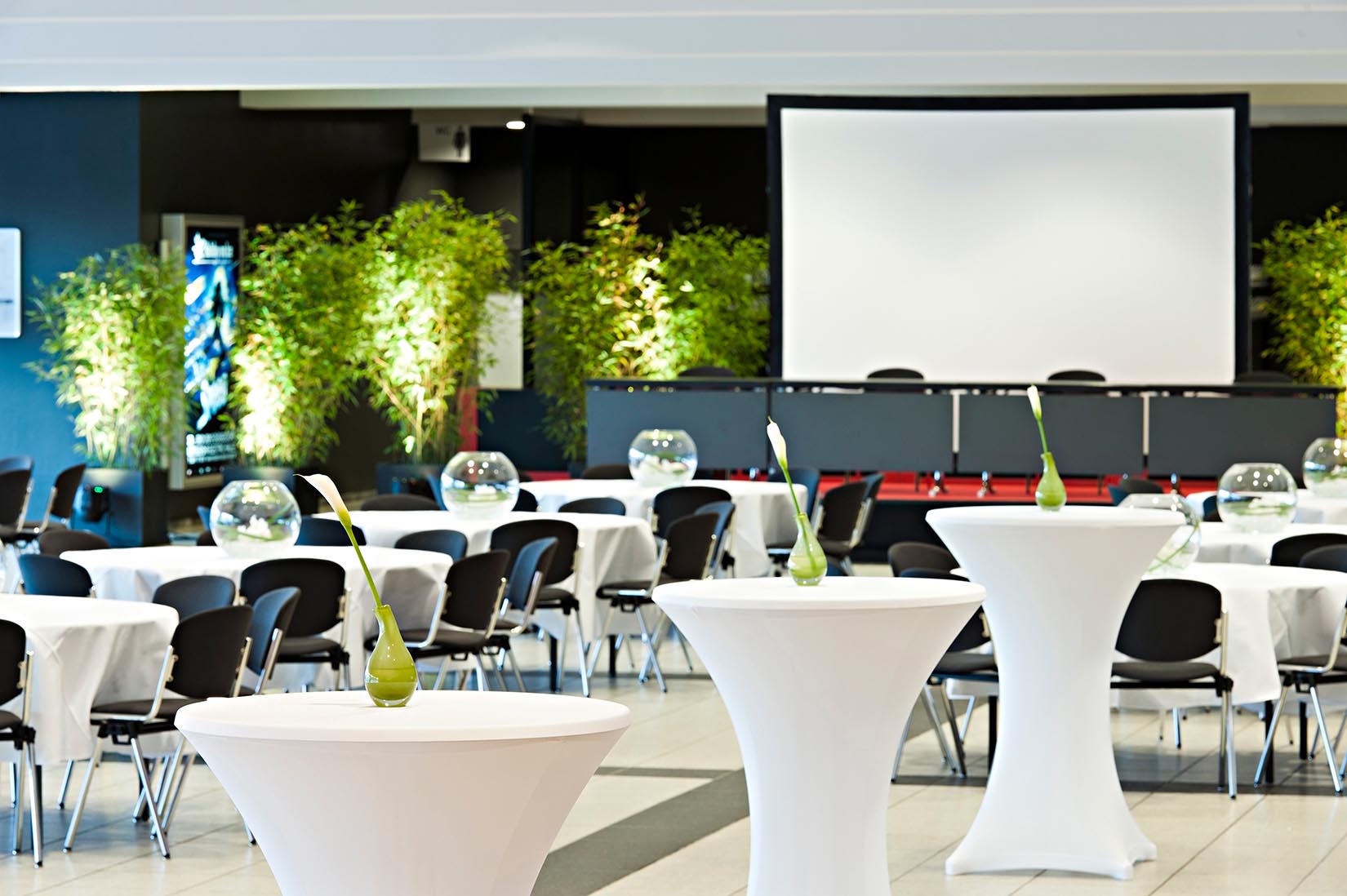Event production is an intricate craft that amalgamates creativity, organization, and seamless execution to deliver unforgettable experiences. Whether it's a corporate conference, a music festival, a wedding, or a product launch, the success of any event hinges upon meticulous planning and execution. To ensure an event's triumph, here are some indispensable guidelines for mastering the art of event production.
Define Clear Objectives:
Begin by outlining the event's purpose, audience, and desired outcomes. Establish specific, measurable, achievable, relevant, and time-bound (SMART) goals. Understanding these objectives is crucial as they guide decisions throughout the planning process.
Create a Comprehensive Plan:
Craft a detailed roadmap encompassing all aspects of the event - from budgeting and scheduling to logistics, marketing, and risk management. Break down tasks into a timeline and assign responsibilities to a capable team.

Budget Wisely:
Allocate resources judiciously by prioritizing essential elements while accounting for unforeseen expenses. Consider all financial aspects, including venue costs, equipment rentals, staffing, marketing, permits, and contingency funds.
Choose the Right Venue:
The venue sets the stage for the event's atmosphere. Consider factors like capacity, accessibility, amenities, and ambiance. Conduct site visits to ensure it aligns with your event's vision.
Technical and Production Requirements:
Collaborate with audiovisual and technical teams to address lighting, sound, stage design, and multimedia needs. Test equipment beforehand to avert technical glitches during the event.
Engaging Content and Programming:
Curate compelling content and engaging activities that resonate with your audience. Whether it's keynote speakers, entertainment acts, workshops, or interactive sessions, ensure they add value and captivate attendees.
Effective Marketing and Promotion:
Develop a comprehensive marketing strategy leveraging various channels - social media, email campaigns, press releases, and partnerships. Create buzz around the event to maximize attendance and engagement.

Seamless Logistics:
Coordinate transportation, accommodations, catering, and attendee registration efficiently. Streamline processes to provide a hassle-free experience for guests and participants.
Risk Management and Contingency Plans:
Identify potential risks and devise contingency plans to mitigate them. Prepare for scenarios like technical failures, weather changes, or unforeseen cancellations.
On-site Management and Execution:
Ensure a dedicated team oversees the event's execution, managing everything from registration and guest services to handling emergencies and last-minute changes.
Post-Event Evaluation:
After the event, assess its success against predetermined objectives. Collect feedback from attendees, sponsors, and stakeholders to identify strengths and areas for improvement.
Sustainability and Social Responsibility:
Incorporate sustainable practices and demonstrate social responsibility in event planning. Minimize waste, support local communities, and adopt eco-friendly measures.
In conclusion, successful event production requires a meticulous approach, attention to detail, and adaptability. By following these guidelines and staying attentive to the ever-evolving landscape of event management, organizers can orchestrate remarkable experiences that leave a lasting impact on attendees and stakeholders alike.


No comments yet